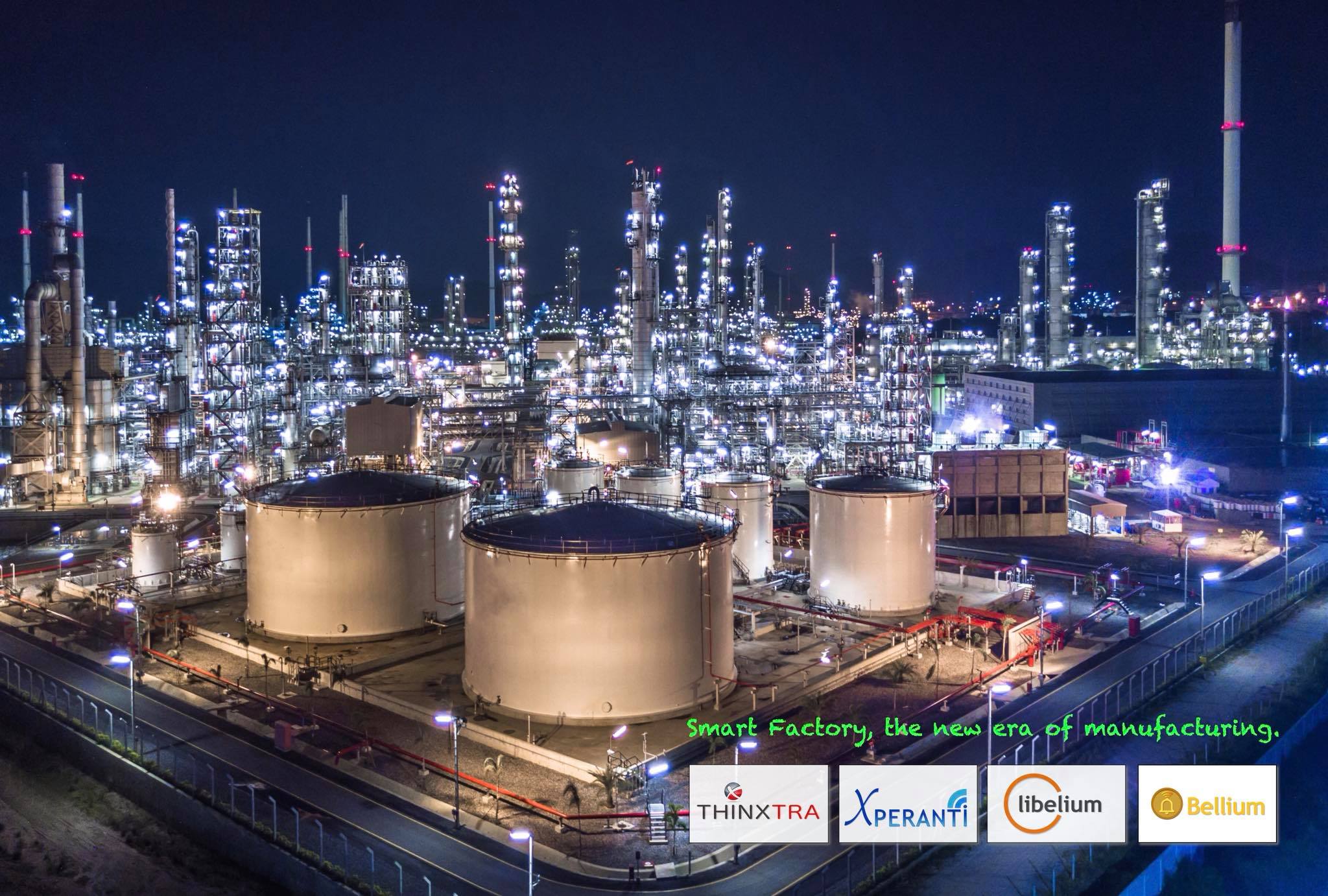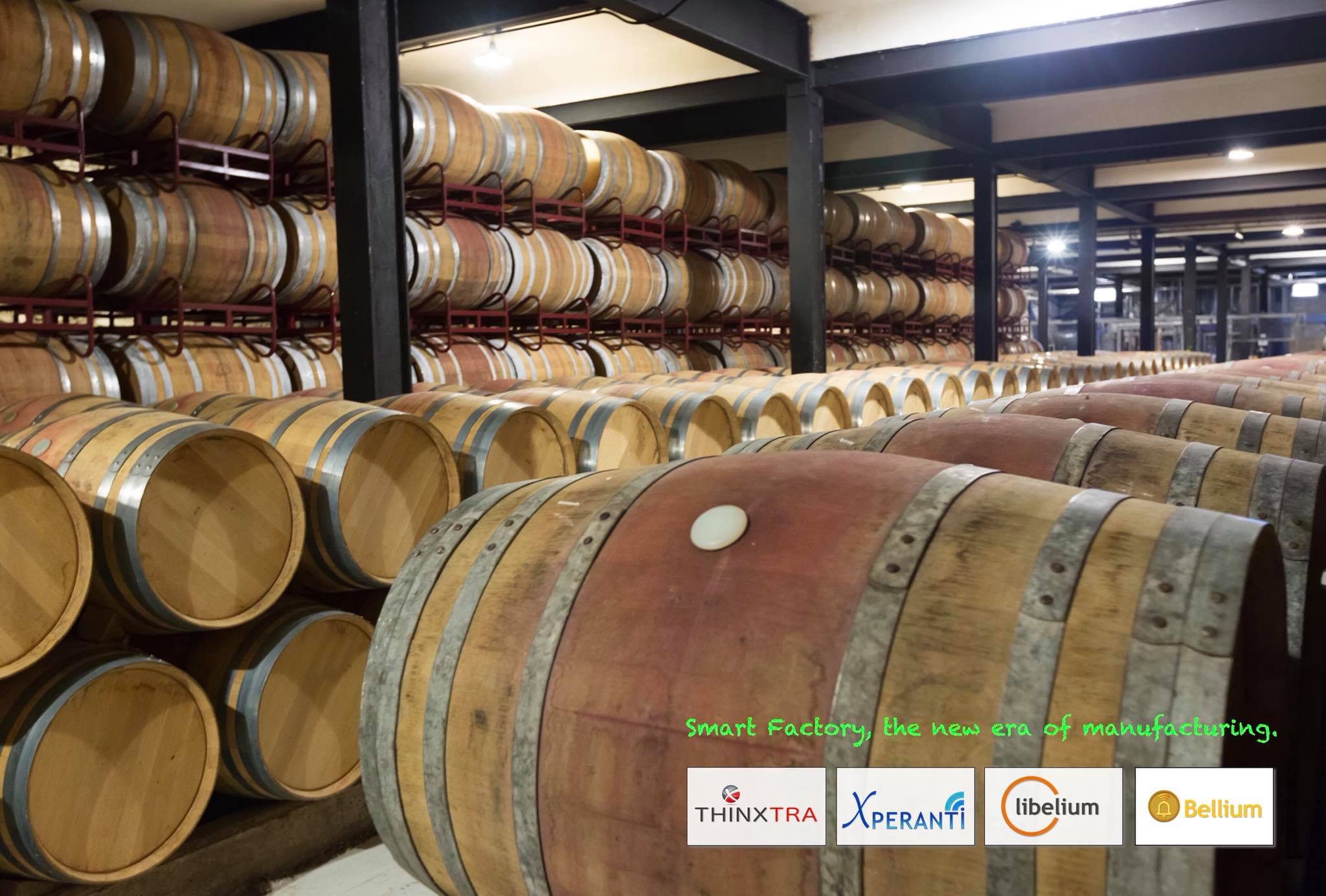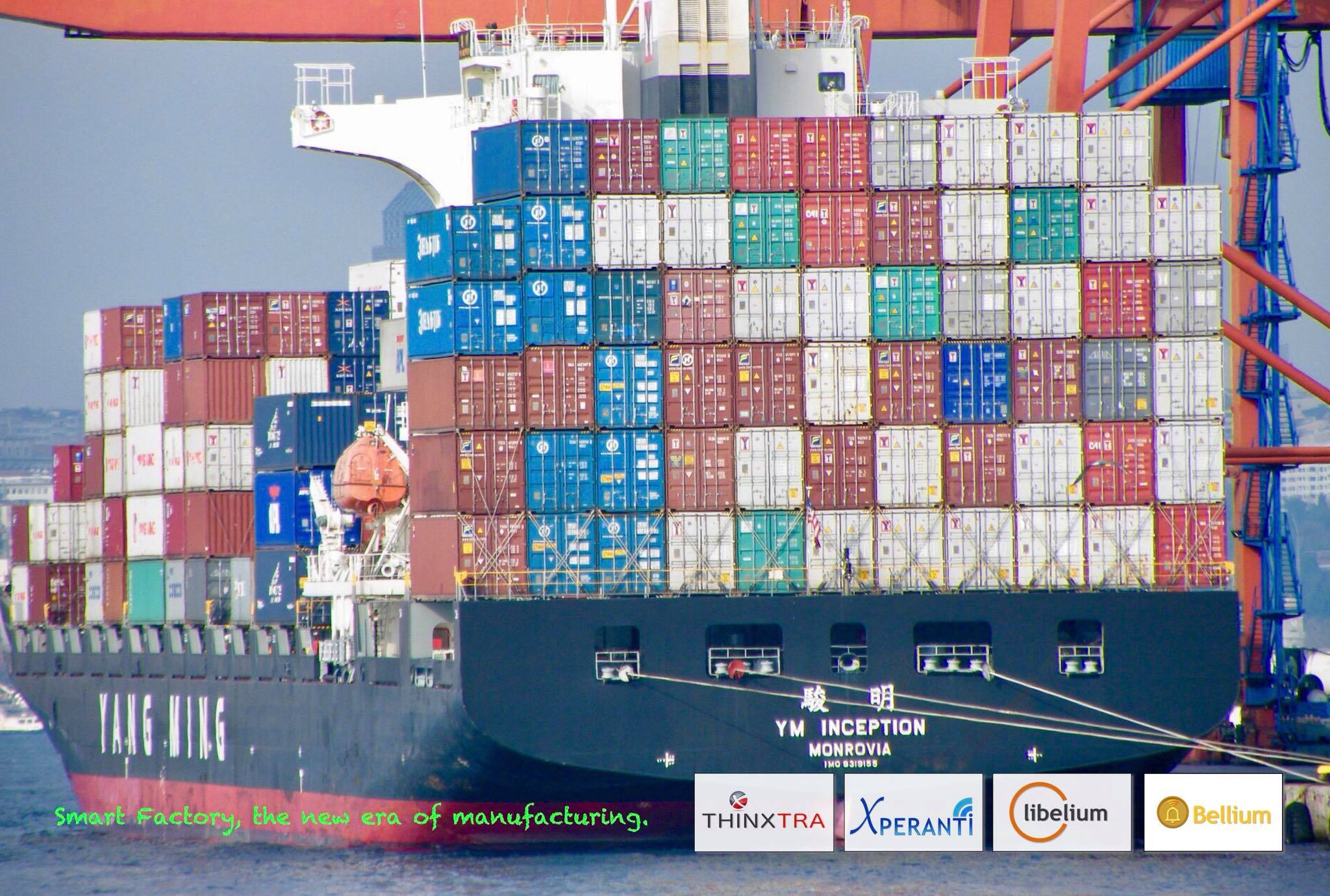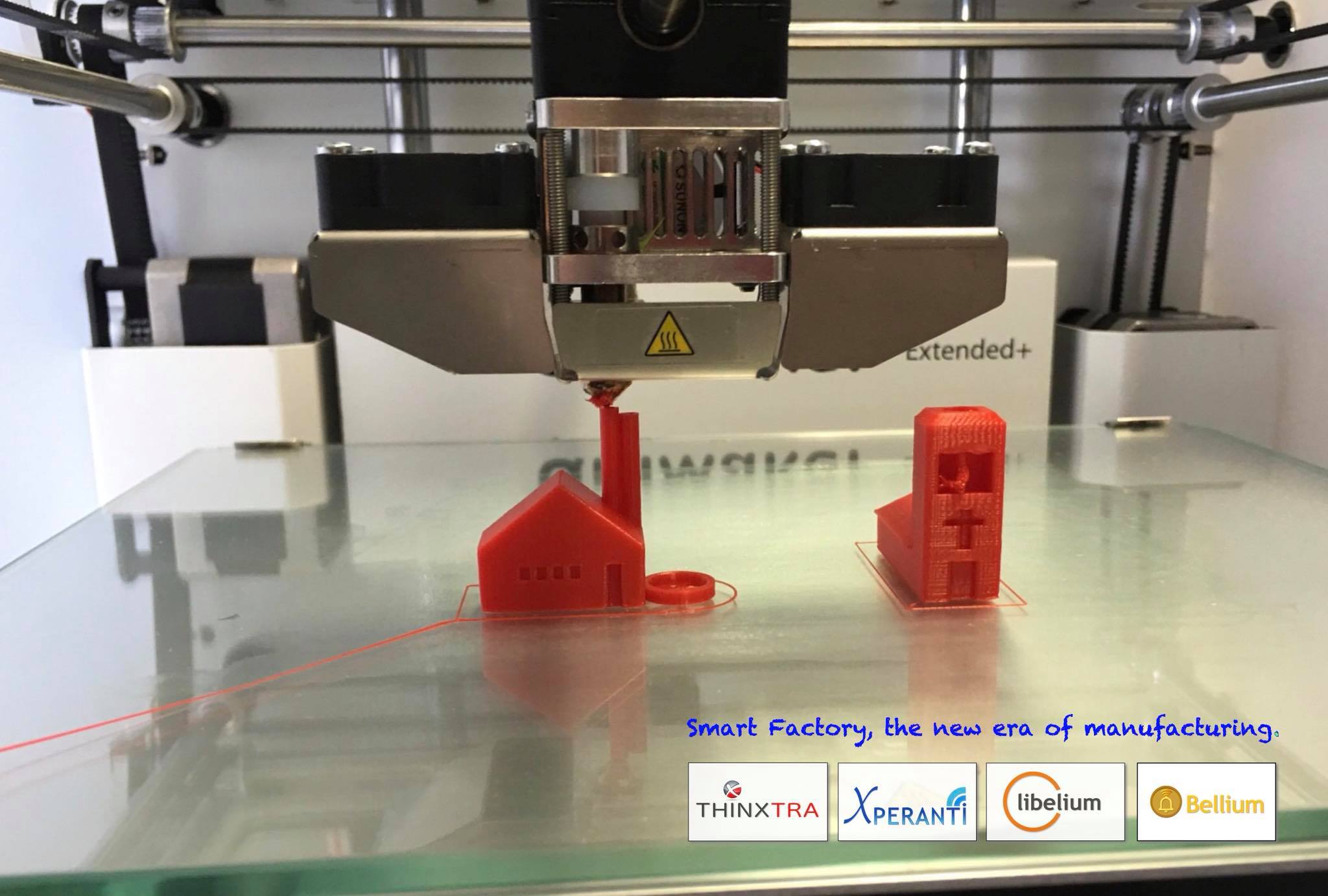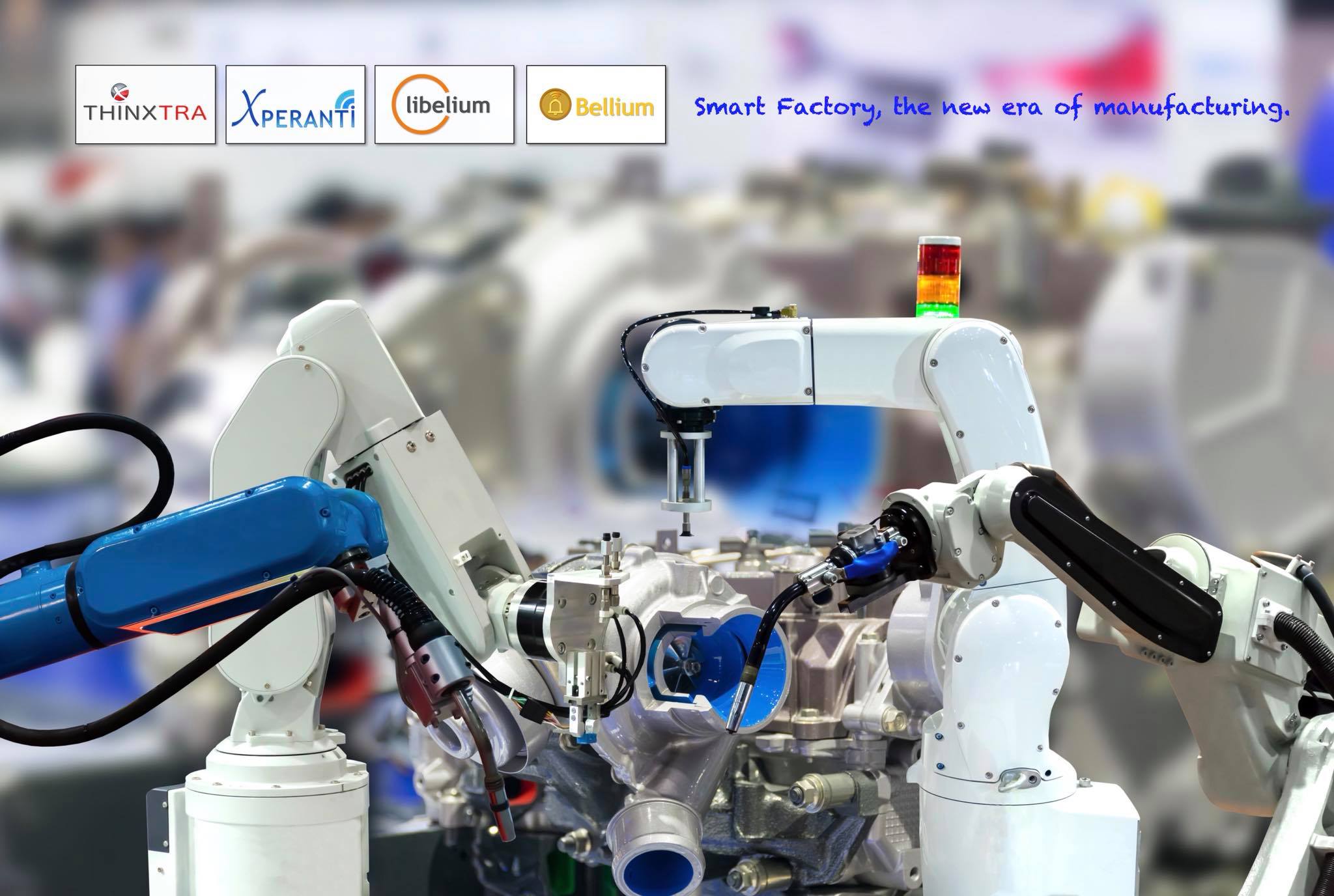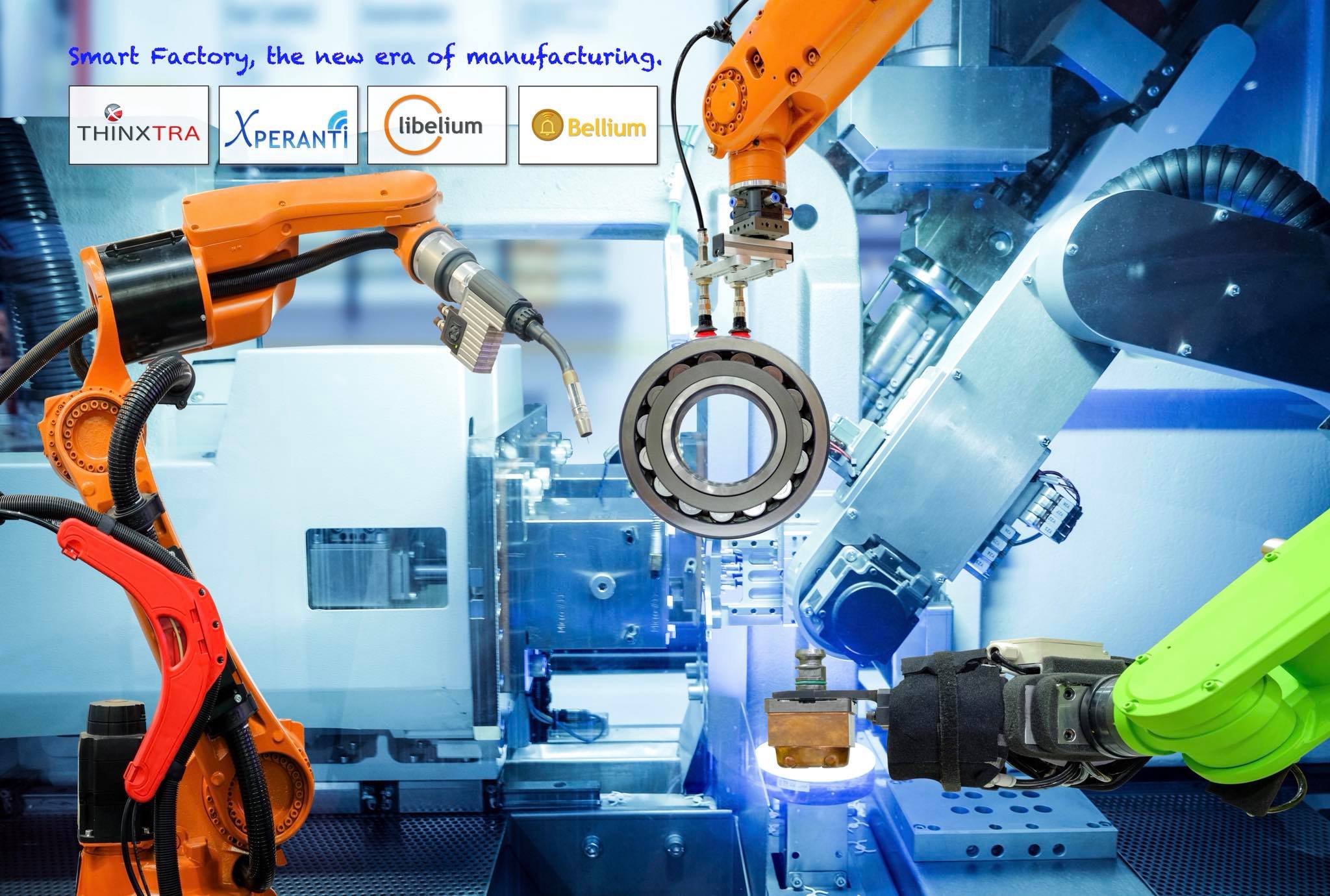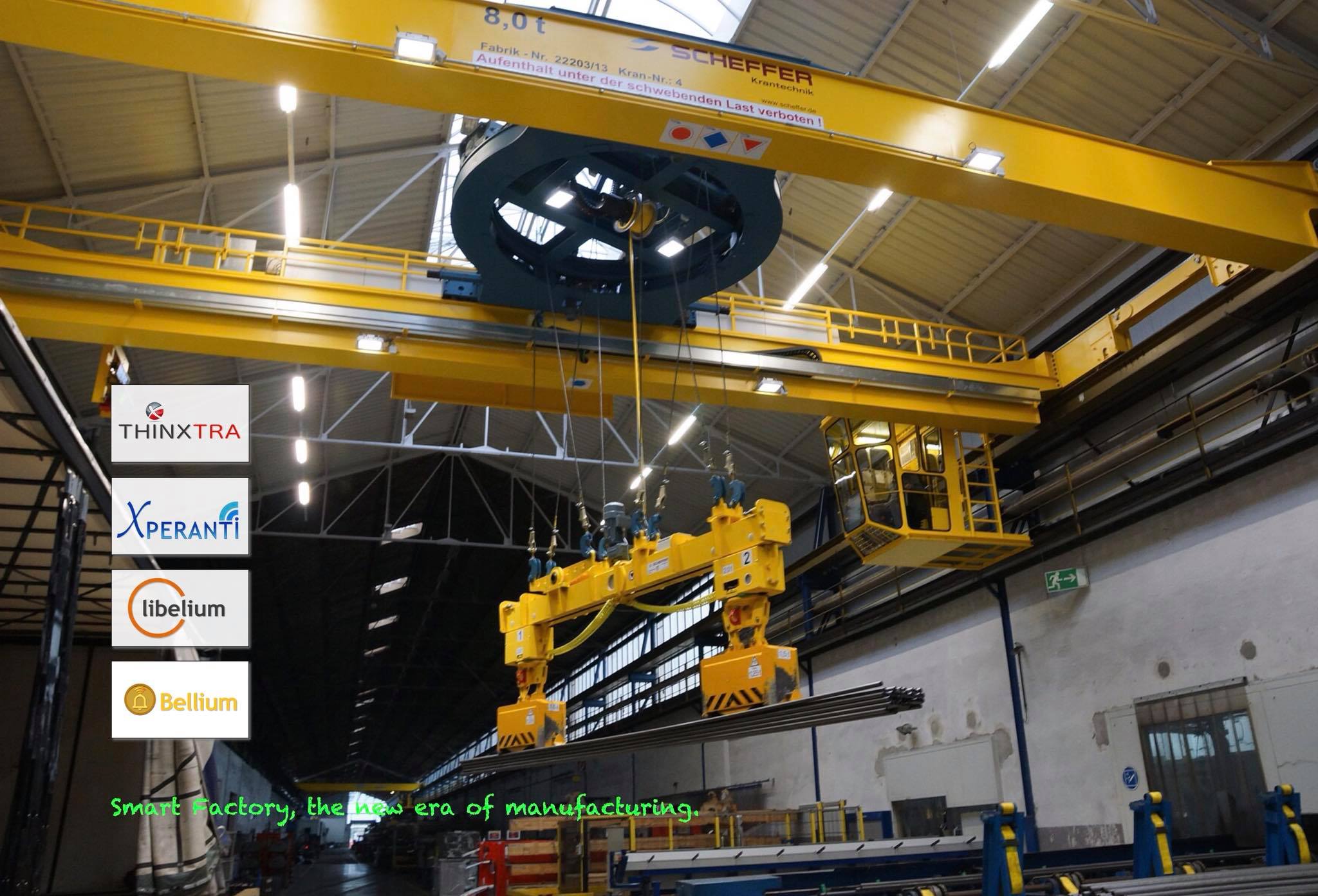

Smart Factory: Changing Approaches To Manufacturing With The Smart Factory
What Exactly Is A Smart Factory?
A smart factory is a term that was recently coined for industrial environments in which machinery and equipment are able to improve manufacturing processes through automation and self-optimization. While there are a ton of different exciting technologies at play here, trends like artificial intelligence and the Industrial Internet of Things (IIOT) stand out as the most important. To make this technology even more valuable, the benefits of smart factories extend past the production of physical goods and into critical functions such as planning, supply chain management, and even product creation.
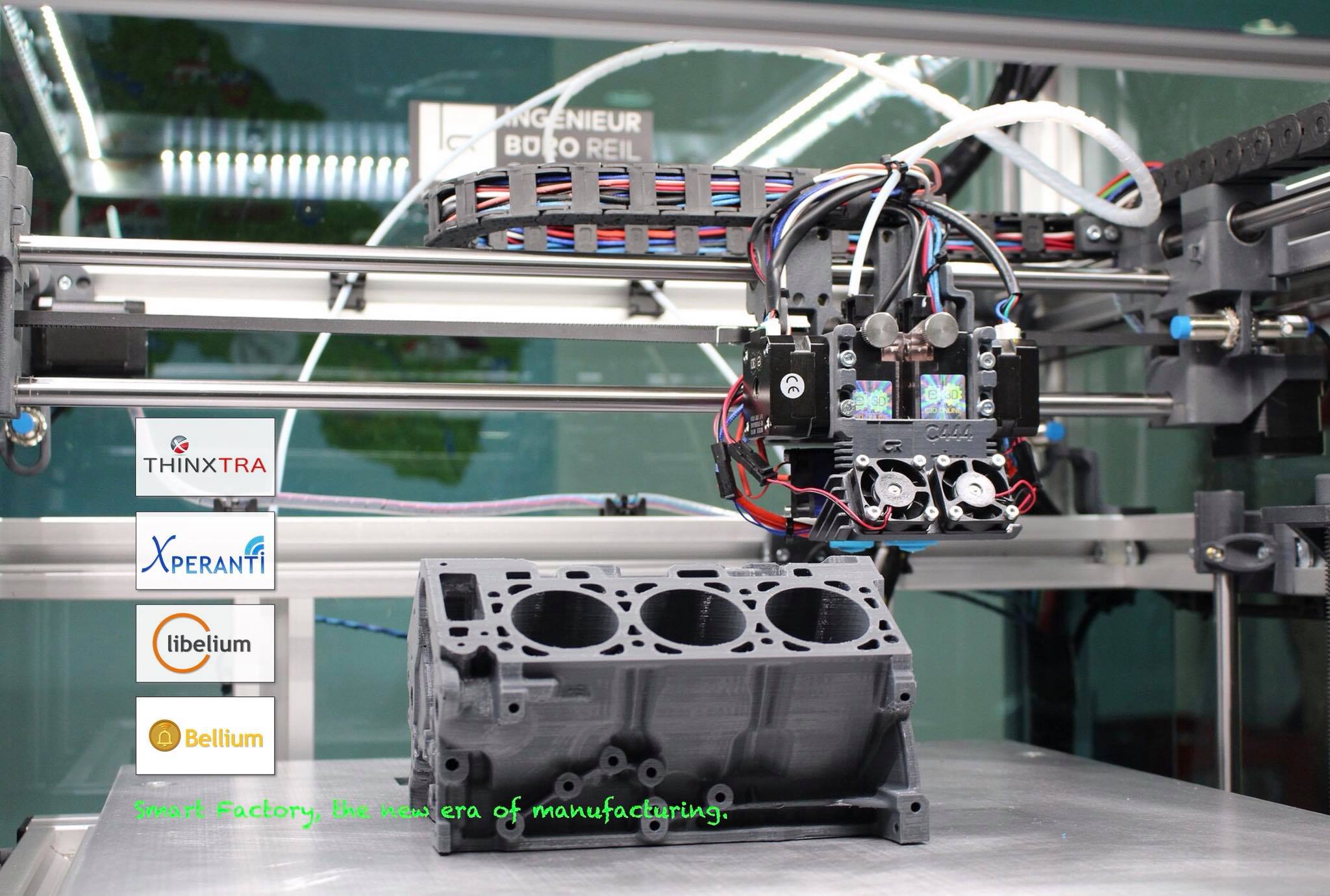
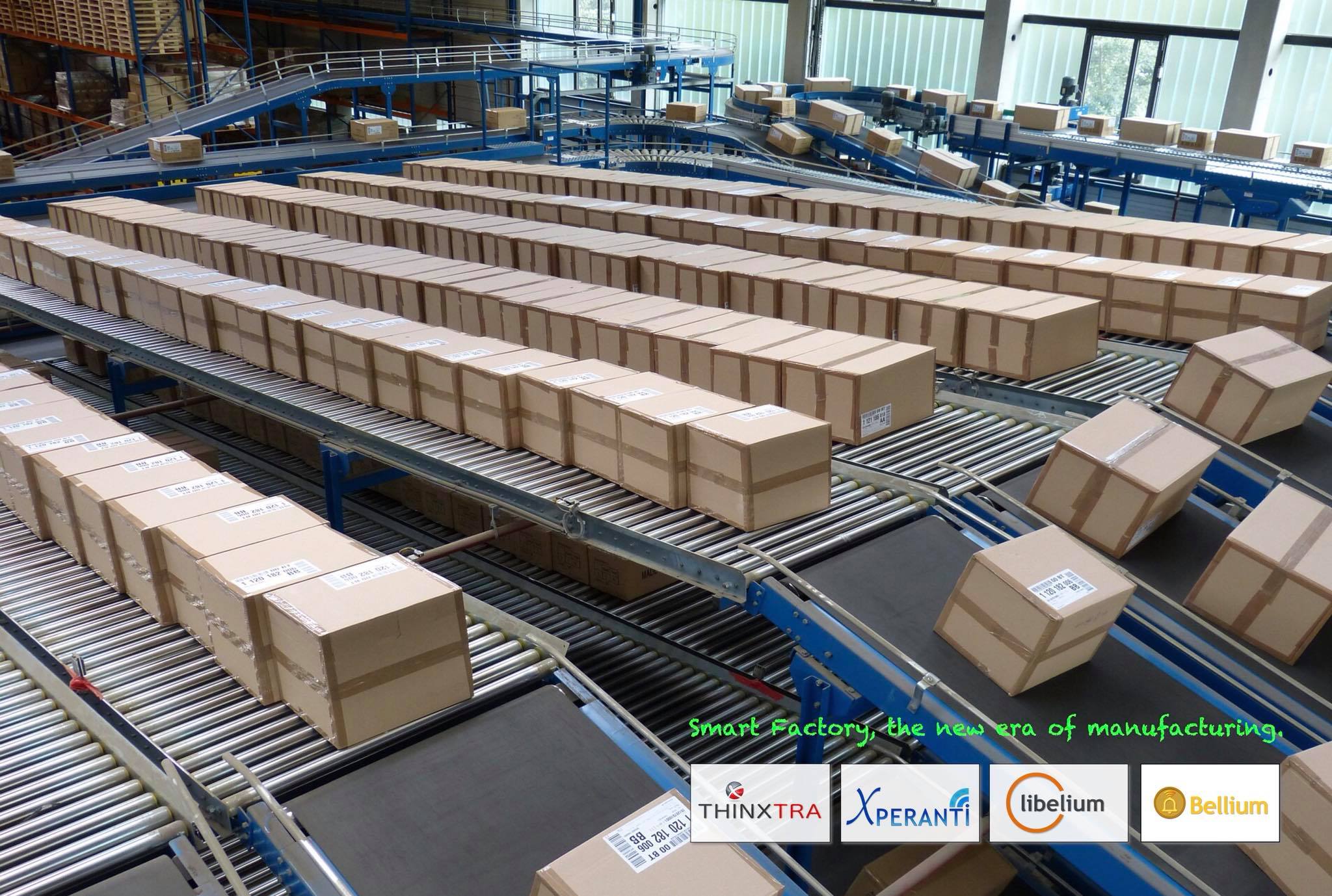
Improved Sensor Technology Has Enabled The Industrial Internet Of Things
Central to the smart factory is the technology that allows for the collection of massive amounts of data to be possible in the first place. Such technologies include smart sensors, motors, and robotics that are able to actively improve the way that factories and production lines operated through the Industrial Internet of Things. For example, smart sensors make it possible to monitor specific processes throughout a factory’s facilities, which in turn allows for increased awareness about what’s happening throughout the production process.
Similarly, the smart sensor technology present on the self driving vehicles being utilized within many factory settings these days assist in improving efficiency and safety as products and materials are moved throughout a factory. These sort of intelligent robotic devices have the ability to avoid common disruptions like spills while at the same time actively avoiding employees – a sign that smart factories will not only be more efficient, but safer as well.
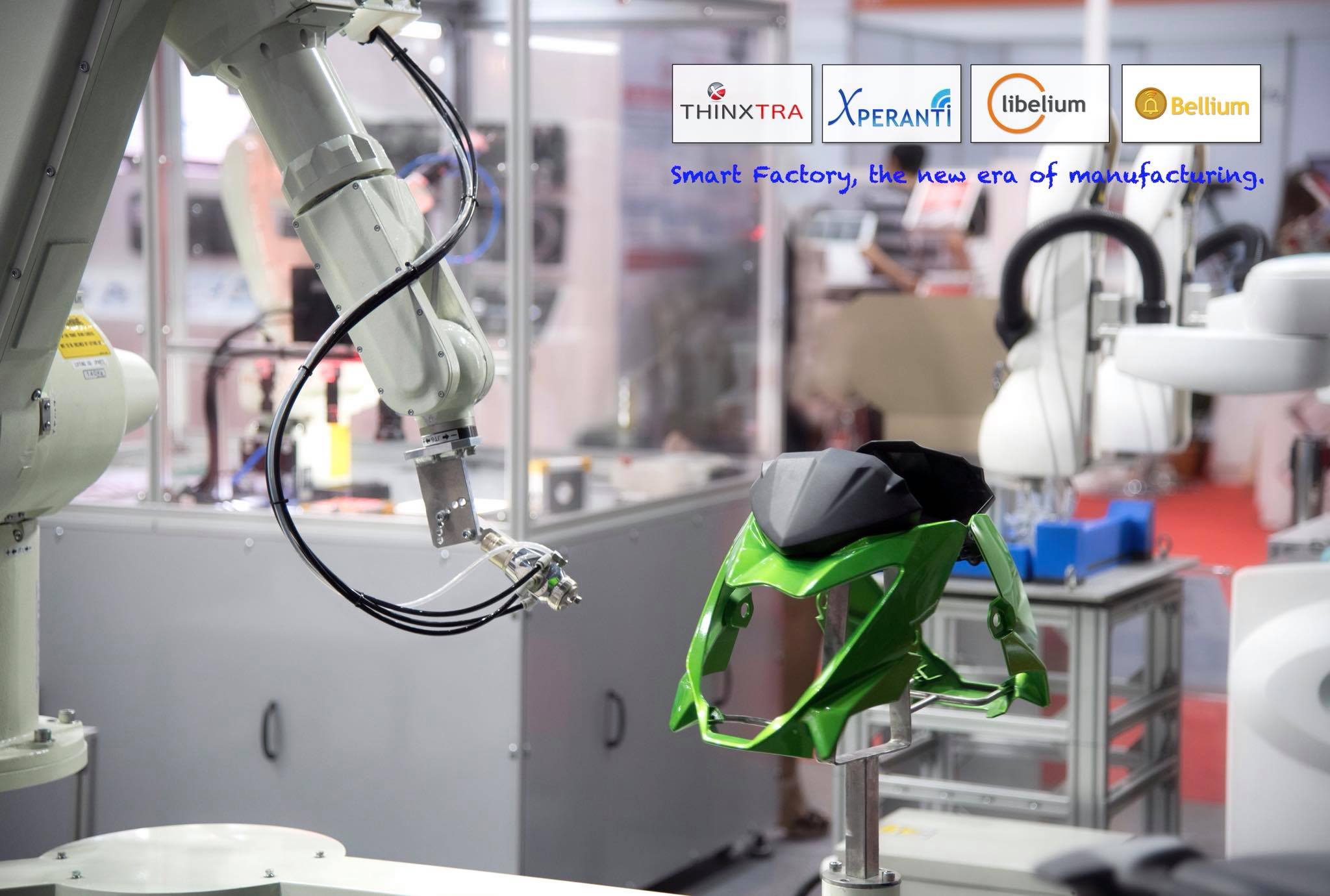
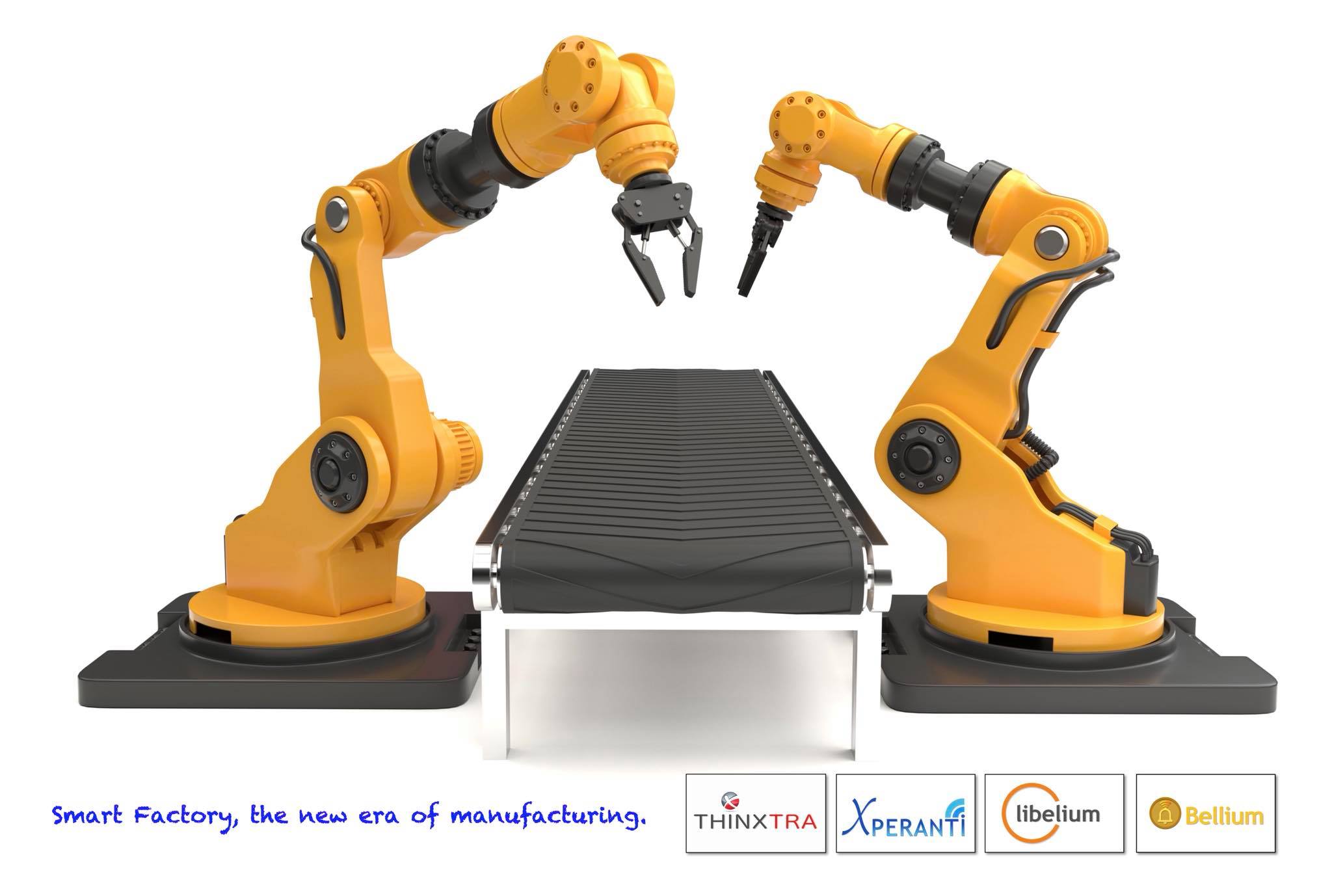
Connecting Decision Makers To The Factory Floor
Communication and the ability to use the data collected by smart factories will be of paramount importance in this new industrial economy. Yet, it is ultimately up to those at the executive (or decision making) level to utilize the insights derived from smart factories in a way that improves factory workflows while at the same time promoting better working environments for human workers.
The management teams that are able to recognize this relationship and capitalize on it are the very organizations that will be able to get the most out of the Industrial Internet of Things. Consider this: a smart factory, regardless of the great technology found throughout, can only be as effective as those who manage it. With the future of manufacturing set to be more customizable for each and every organization, being able to pair advanced smart factory technology with effective management will be of critical importance in the very near future.
